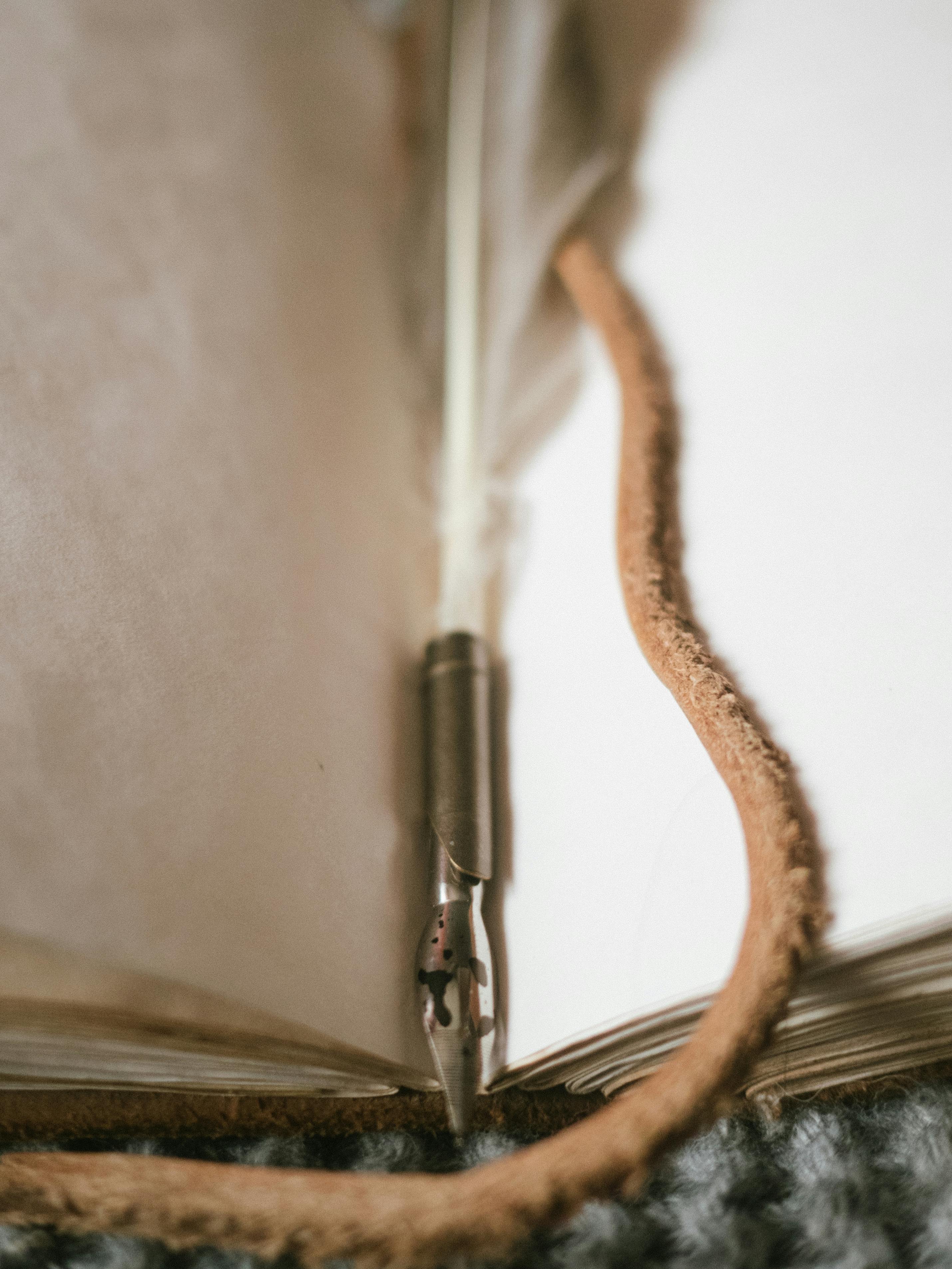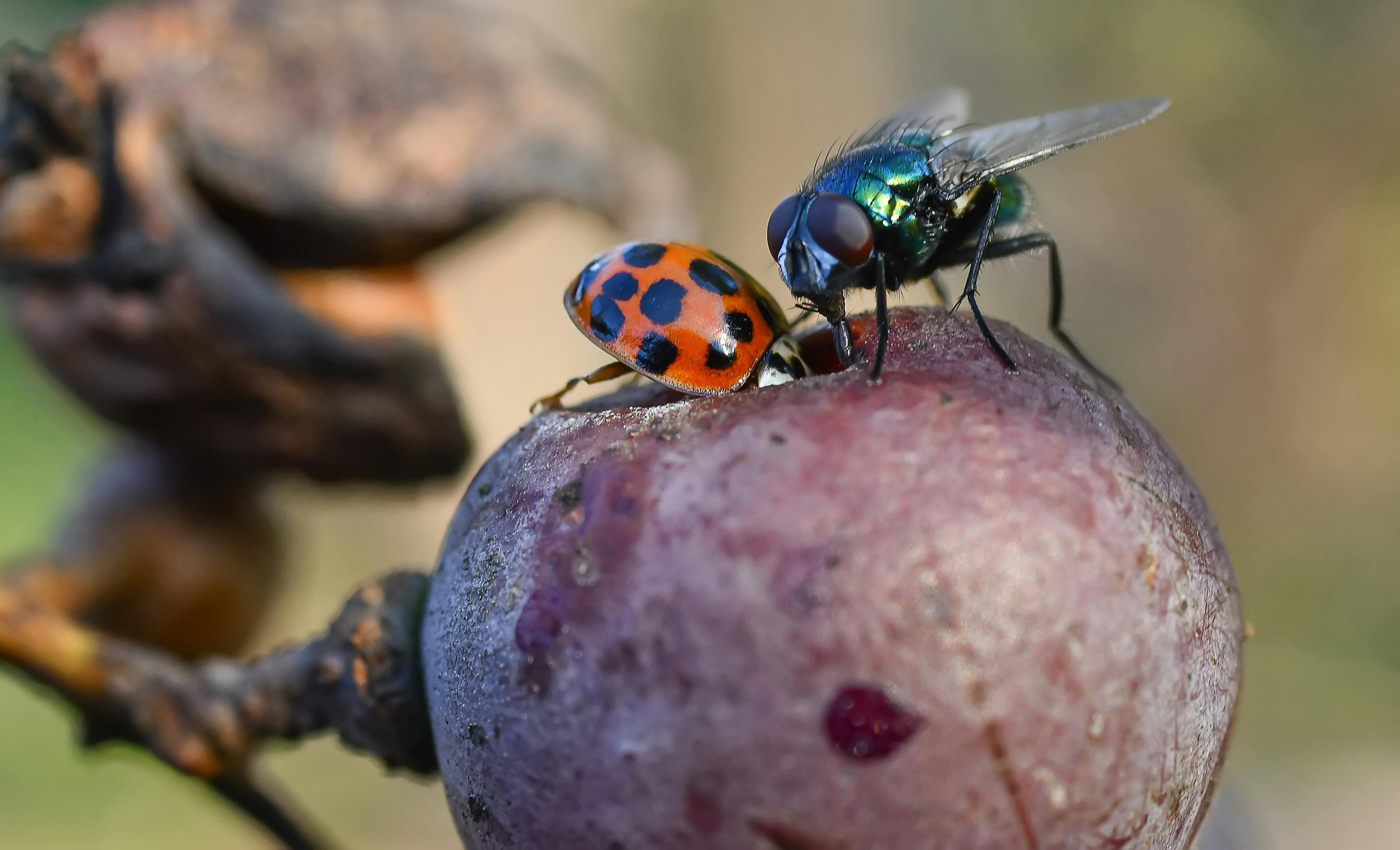Effective Ways to Stop Puppy Biting in 2025: Essential Tips

Apply Now


Effective Ways to Stop Puppy Biting in 2025: Essential Tips
Puppy behavior can sometimes feel overwhelming, especially when it comes to those adorable yet sharp little teeth. Addressing puppy biting is not only crucial for ensuring a harmonious relationship between your pet and family but also essential for the puppy’s behavioral development. Implementing effective puppy biting tips early on can significantly reduce the likelihood of biting problems developing later. This article provides a comprehensive approach to training a puppy effectively, discusses preventive strategies for puppy bites, and introduces bite inhibition techniques. Understanding the importance of puppy training and proper socialization lays the groundwork for a well-behaved dog. From rewarding positive behaviors to recognizing frustration signals in puppies, we'll explore various strategies to guide you through this crucial phase in your pup’s life. Readers can expect actionable advice that covers everything from choosing the right puppy chew toys to implementing verbal commands. By the end of this guide, you'll be equipped with the necessary tools to manage puppy behavior effectively and create a calm home environment. With these essentials covered, let’s delve deeper into some of the effective ways to prevent your puppy from biting.Understanding Puppy Biting and Play Behavior
Building on the premise that understanding your puppy's behavior is crucial. Puppies naturally explore their world through their mouths, leading to playful biting. Recognizing the context in which biting occurs can aid in constructing a biting prevention strategy.The Reasons Behind Puppy Biting
Puppy biting stems from various motivations, including playfulness and teething discomfort. Biting is a normal behavior as puppies navigate their environment and test boundaries. By understanding the different biting styles, you can differentiate between playful nibbles and aggressive bites. It's essential to recognize that biting can also be a sign of stress or anxiety. By observing your puppy’s body language, feeding off their energy, and responding appropriately, you can redirect their behavior before it escalates. Engaging puppy exercises and socialization can help mitigate these tendencies, leading to happier and healthier interactions.Phases of Puppy Biting Development
During the growth phases, puppies often experience biting peaks corresponding with their developmental milestones. Most bite inhibition training methods suggest tackling these stages with consistent training and redirection techniques. The critical period for establishing boundaries generally occurs between three to six months of age. It's essential to start training during this timeframe to set a foundation for good behavior. Notably, under-socialized puppies may develop more pronounced biting issues. Incorporating interactive dog toys and providing opportunities for play dates can enhance their social skills. Understanding your puppy's biting phases will inform your approach and establish better communication between you and your pet.The Role of Socialization in Preventing Biting
Connecting to the importance of socialization, exposing your puppy to various environments, people, and other animals will help mitigate aggressive behaviors. Social interactions contribute significantly to reducing biting behaviors, as they teach the puppy appropriate play boundaries. Puppy playtime rules can be established to promote safe interactions, focusing on toys during structured play sessions. Engaging in supervised interactions with other puppies can also illuminate appropriate behaviors, reinforcing positive discipline techniques and teaching gentle play.Techniques for Effective Puppy Behavior Training
With an understanding of puppy biting behavior established, exploring techniques for behavior training is paramount. The focus should be on providing constructive training methods that foster healthy habits and limit biting behaviors.Positive Reinforcement Techniques
Implementing positive reinforcement is one of the most effective strategies in training a puppy. Whenever your puppy engages in appropriate play without biting, rewarding them with treats or praise reinforces this behavior. Creating a safe space for puppies is crucial during training sessions, allowing them to focus on received rewards rather than distractions. Using verbal commands effectively can also help establish boundaries. Commands such as “no” or “gentle” should be employed consistently. It’s essential to manage your excitement in the presence of your puppy, as heightened emotions can contribute to chaotic play, increasing the likelihood of biting.Utilizing Puppy Chew Toys
Focusing on selecting puppy toys that are designed for chewing can significantly help in redirecting puppy behavior. Offering chewy alternatives allows your puppy to satisfy their desire to bite without engaging in inappropriate behavior. Engaging puppies with interactive dog toys also serves the dual purpose of keeping them occupied while encouraging emotional support for your puppy. Chew behavior can be directed to these toys, teaching your pet the appropriate outlet for their needs.Setting Boundaries and Using Barriers for Safety
Establishing clear boundaries is vital in managing puppy biting behaviors. When your puppy bites during play, it’s essential to intervene immediately. Time-outs can be an effective tool, allowing the puppy to calm down and understand that biting leads to the cessation of fun. Using barriers, such as baby gates, can also provide a safe area for your puppy while allowing them to engage in play without excessive biting. This step not only protects belongings but helps teach your puppy what is acceptable behavior.Calming Strategies for Over-Excited Puppies
Following the theme of managing puppy energy, focusing on calming strategies can significantly impact prevention efforts. Puppies often bite when they are over-stimulated or anxious.Recognizing Frustration Signals in Puppies
Frustration signals in puppies can manifest as heightened energy, rapid tail wagging, or excessive barking. Understanding these cues allows you to address the situation before it leads to biting. Redirecting attention away from potential triggers can diffuse tense situations, using toys or engaging in light exercises to channel their energy into positive outlets. Recognizing when to intervene is crucial in teaching your puppy impulse control.Implementing Puppy Training Schedules
Creating a consistent puppy training schedule supports their development and behavior management. Scheduling training sessions within the framework of daily activities fosters routine and predictability for your puppy. Incorporating fun, engaging puppy exercises into your schedule will keep the training enjoyable. Make sure to include playful activities that encourage mental stimulation alongside obedience training, which helps keep the puppy focused and less likely to bite out of boredom.Understanding and Coping with Puppy Anxiety
Puppy training isn’t just about biting; it also encompasses understanding puppy anxiety solutions. Puppies can experience anxiety from changes in their environment, and recognizing these triggers can minimize biting incidents. Introducing calming aids for puppies, such as soft music or safe spaces they can retreat to, can provide comfort. Nurturing your puppy’s mind through gentle training practices can build confidence and reduce episodes of biting associated with stress.Common Mistakes to Avoid When Training a Puppy
As you navigate puppy behavior training, being aware of common pitfalls can help streamline your approach and enhance your success.Physical vs. Verbal Corrections
One of the most significant mistakes new puppy owners make is resorting to physical corrections. This often has the opposite effect, resulting in fear-based responses and potential aggression. Instead, favor verbal corrections focusing on positive dialogue and encouragement. Promoting safe play practices through consistent training methods reinforces good behavior without instilling fear. Using a kind tone to communicate expectations can make all the difference in successfully teaching boundaries.Ignoring the Importance of Play
Another common oversight is underestimating the role of play in a puppy’s life. Play serves as an essential method for both physical and mental stimulation, aiding in discouraging biting behaviors through interactive engagement. Incorporate various activities that encourage playful behavior without biting, like fetch or tug-of-war, ensuring they know which actions are allowed. Fostering healthy play habits creates a more relaxed frame of mind in your puppy, further facilitating disciplined interactions.Neglecting Proper Ownership Responsibilities
Lastly, new puppy owners often overlook the importance of understanding their responsibility in training. Managing multiple puppies may require tailored training techniques that accommodate individual needs and contributing factors. Developing appropriate puppy activities and being consistent with discipline strategies create an enriching environment that encourages proper behavior. By nurturing these values, a loving and respectful bond develops between you and your puppy.Conclusion
In summary, stopping puppy biting in 2025 requires intentional dedication and a deep understanding of your pet's behavior. With the implementation of effective puppy biting tips, you can cultivate a harmonious relationship and experience the joy of caring for a well-mannered pet. Focus on employing positive reinforcement techniques, selecting appropriate chew toys, and establishing boundaries to foster a nurturing environment. By incorporating consistent training practices, recognizing frustration signals, and promoting healthy play, you’ll reduce biting incidents and help your puppy transition smoothly into a well-adjusted dog. Addressing puppy biting is a crucial step in developing a lasting bond and ensuring the happiness of your furry family member.
